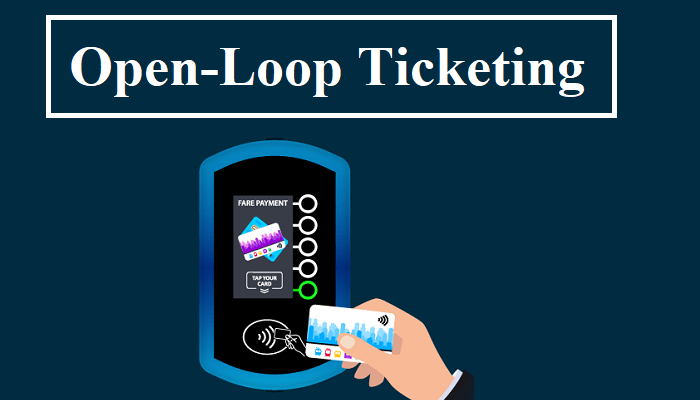It is well to be noted that the cities around the world happen to rely on the transit systems to get the residents to go to work, school, and around town in an efficient way and that too on time. But not all systems happen to be created equal.
Closed-loop systems happen to require riders to go ahead and purchase or reload a transit card each and every time they require to hop on a bus or even catch a train or ferry. The fact is that most of the public transit riders, as per a recent Visa survey, happen to be making use of four or more payment methods every month so as to travel on more than one system, like a train connecting to a bus. And if in case the metro card or ticket is lost or stolen, the commuter is indeed out of luck and, of course, money.
However, there is another, better way.
Enter: open-loop payments
Open-loop systems that happen to be based on the EMVco standard for contactless payments go on to offer a more convenient, efficient, as well as a cost-effective alternative. No tickets, no paper, no cash, and, of course, no waiting in a queue. Instead, the riders can make use of their smart device or the similar contactless credit, debit, or prepaid card they go on to make use of for everyday purchases to tap as well as ride, be it from bus to train to ferry and even beyond.
It is worth noting that one of the Visa reports went on to find out that 94% of transit riders anticipate public transit to go ahead and offer contactless payments moving forward, and another found out that, of transit agencies that do not happen to have open-loop technology at present, 83% look out to implement it with 70% within the next couple of years.
Many cities around the world are already making optimal use of open-loop systems. Visa has gone on to help launch over 750 contactless public transit projects across the world, from Vancouver to Osaka to Rio de Janeiro, thereby lowering ticketing overhead, elevating ridership, and also enhancing passenger experiences.
But what happens if in case an entire country goes ahead and embraces open-loop transit? The Netherlands goes on to offer a glimpse at the open-loop future of public transit.
With just a tap, one can go anywhere one wants to
The Netherlands went on to introduce OVpay nationally, thereby making it one of the first countries across the world to go ahead and adopt open-loop ticketing solutions, and that too on a national level.
What this implies is that, for the country’s almost 4 million transit riders to go from point A to point B, all it takes is just a tap. Riders can tap their preferred payment device against the card reader or gate while entering the station or vehicle in order to check in, and then do the same to checkout when they go on to arrive at their destination, anywhere across the country. The payment is thereafter calculated and debited from their respective bank accounts the next day. The backend systems, when it comes to open-loop ticketing, automatically go on to debit the best price for the journey, thereby helping to reduce costs and at the same time removing the complexities when it comes to downloading apps.
Open-loop payments go on to contribute to making the public transportation system in the Netherlands one of the most efficient as well as well-connected systems in Europe, with passengers in millions travelling across the country each and every day. Cities across the country get the advantage of simplified systems as well as reduced carbon emissions, while public transit operators go ahead and enjoy increased efficiency, cost savings, and valuable data-driven insights. These systems go on to promote financial inclusion too by way of offering options such as pre-paid cards for un- and under-banked riders so as to participate in the digital economy.
In order to facilitate nationwide fare collection, a cooperative of public transport companies across the Netherlands went on to set up Translink, which is the payment heart of the Dutch public transport system. Translink goes on to act as the merchant pertaining to records for all operators across the country, thereby helping to make sure of a seamless experience and, at the same time, freeing up operators so as to focus on their core competency, which is moving people from one place to another. Translink also goes on to generate travel and transaction insights, which help enable policymakers to make certain evidence-based decisions.
The substantial rise in tap on OVpay, say from 7.3 million in April 2023 to 22 million in December 2023, goes on to signal quite a fast adoption of the new national system. The Netherlands is looking to phase out its remaining closed-loop systems by the end of 2024 and roll out OVpay throughout all public transport companies, thereby aiming to raise revenue and decrease barriers when it comes to using public transit.
Open loop going beyond the Netherlands
It is quite known from one of the research projects that systems that go on to adopt open-loop payments witness a lower ticketing overhead, growing ridership, as well as improved passenger experience. It can also go on to mean fewer cars on the road, lower carbon emissions, as well as a point to a future pertaining to more sustainable urban living. The fact is that the Netherlands gives everyone a glimpse of the open-loop future, and that too in the present.


































